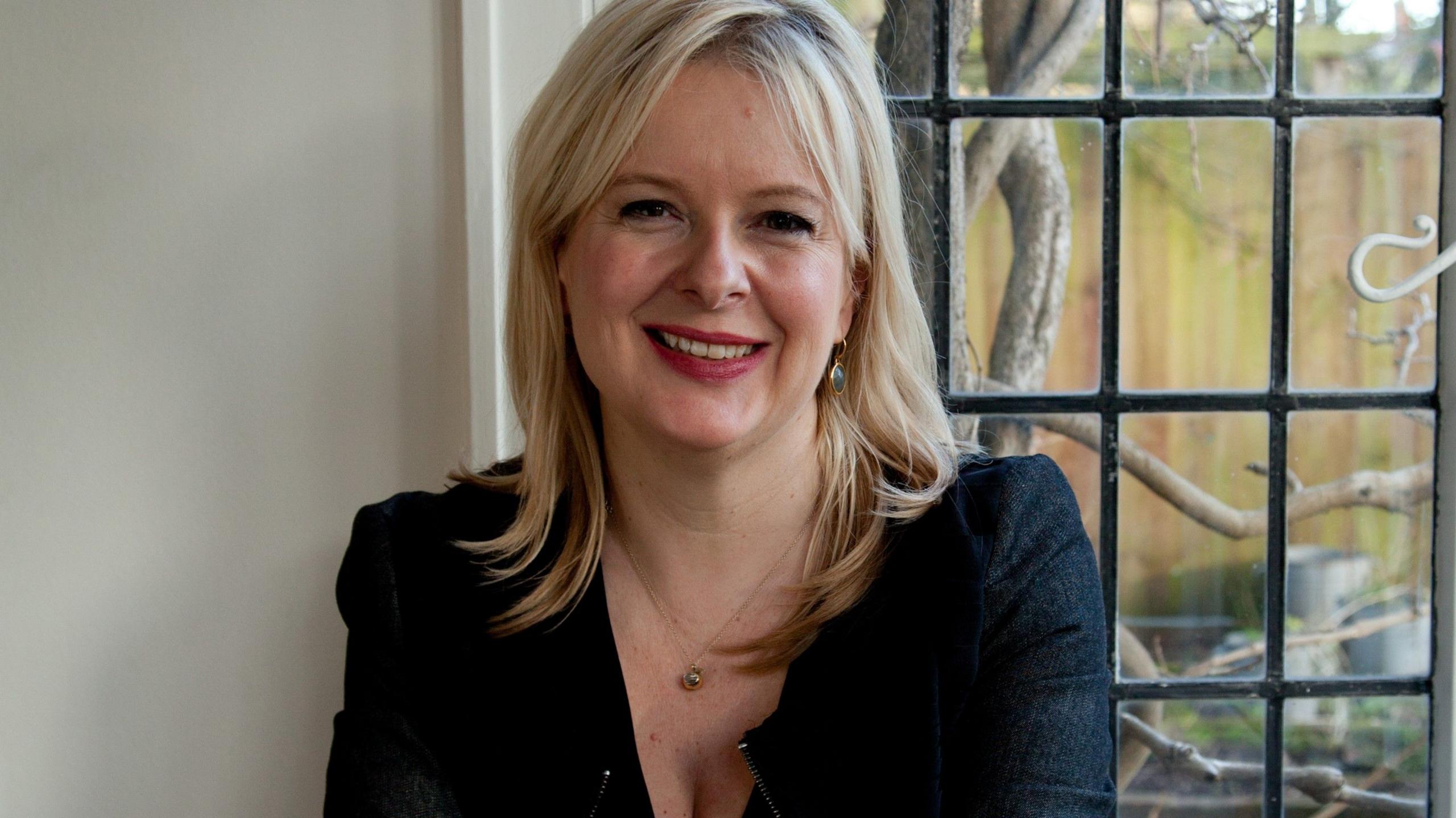Police defend investigation into journalist's social media post

Allison Pearson
- Published
Essex Police has defended its actions after Daily Telegraph columnist Allison Pearson said she was left “dumbstruck” by a visit to her home on Remembrance Sunday over a social media post.
Officers visited Pearson as part of an investigation into alleged incitement to racial hatred, following a complaint from a member of the public, the force said.
In an article, Pearson said she was told by the police who came to her home it was over a “non-crime hate incident”, but not told which post it was about.
The force said “at no stage” did its officers tell her the investigation was related to a “non-crime hate incident".
A non-crime hate incident is where no criminal offence has been committed but the person reporting it believes the incident to be motivated by hostility.
In a statement, Essex Police said officers “went to a residential address to arrange a time to do an interview with a woman about a complaint made by a member of the public”.
“At no stage during the short interaction between the woman and our officers was she informed that the report being investigated was being treated as a non-crime hate incident. To suggest otherwise is wholly inaccurate and misleading.
“As the public would expect, we have body worn video of this interaction which entirely supports our position in this respect.”
Essex Police later released what it said were transcribed lines spoken by an officer in the body worn video, which the BBC has not seen. It says the officer stated that the complaint had "gone down as an incident or offence of potentially inciting racial hatred online".
"Because of what’s been alleged and the evidence that we’ve got, I need to just ask you some questions," the officer also says.
Warning: This article contains language that some people may find offensive
In her article, Pearson said that when police visited her, she did not know what post on X that the complaint was about, but that "a year ago, I was consumed with the aftermath of the Oct 7 attacks by Hamas" and slogans brandished at pro-Palestinian marches.
The BBC has seen the now-deleted post that the police complaint relates to, which dates from 16 November last year. It shows an image of two police officers standing next to two men holding what appears to be a flag of the Pakistani political party Pakistan Tehreek-e-Insaf (PTI).
The post tags the Metropolitan Police alongside the words “how dare they”.
It adds: “Invited to pose for a photo with lovely peaceful British Friends of Israel on Saturday police refused. Look at this lot smiling with the Jew haters.”
X added a notice to the post stating that the image was taken in Manchester, not London, and that it is “not related to Palestine”.
'I was definitely shocked'
Pearson said that when police turned up at her house last Sunday morning, she was shocked.
"I was definitely shocked. Astonished. That too. Upset. How could I not be?” she said, adding that she felt “a surge of instinctive anger. A non-crime - what the hell?”
The force has since lodged a complaint with the Independent Press Standards Organisation (Ipso) regulator over the Telegraph's reporting of the incident.
The BBC has been told by the Met Police that the original complaint was made by a member of the public on 18 November last year.
The force said it was contacted on social media by a member of the public “who wished to make an allegation that a post on X was a possible hate crime”.
It added that the allegation was recorded but not investigated, and then passed on to Sussex Police on 22 November last year, as the complainant lived in that county. Sussex Police then passed it to Essex Police, where she now lives.
Row over free speech
A number of political figures have come out in support of Pearson, including shadow home secretary Chris Philp and former prime minister Boris Johnson - and a debate has been sparked around free speech.
MP Richard Tice, deputy leader of the Reform UK party, told the BBC the Telegraph columnist had been left "terrified and scared" by the police visit.
He also called on the chief constable of Essex Police to apologise to Pearson or risk bringing the force into disrepute.
The Home Office has already been looking into how forces review non-crime hate incidents in balance with the right to free speech.
A spokesman for the prime minister's office said: “Ultimately it's important that the police can capture data relating to non-crime hate incidents... to help prevent serious crimes which may later occur.
“This must be balanced with the fundamental right to free speech and also ensuring that the police can spend their time dealing with the issues that matter most to our communities."
The BBC has contacted The Daily Telegraph for comment.
Essex Police said it supports free speech but "it does not support inaccuracy".
"If an alleged crime is reported, it is investigated. There is no public interest in falsehood."